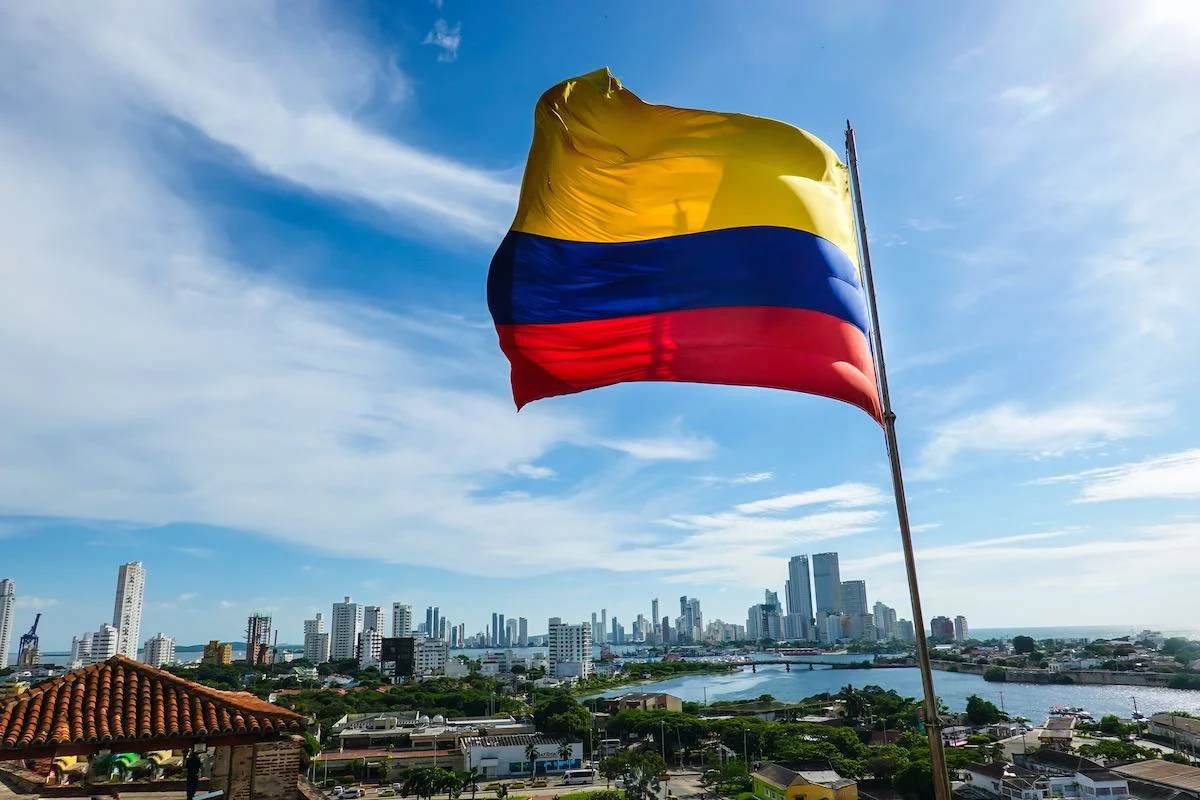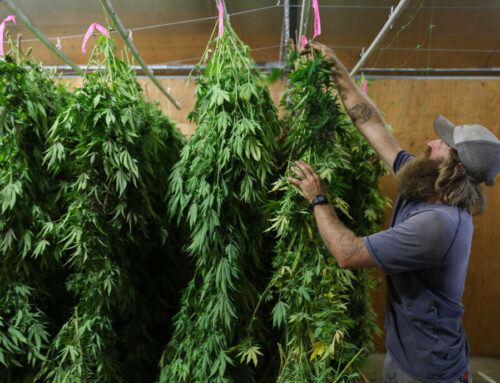Colombian Lawmakers Reintroduce Bill to Legalize Cannabis Nationwide
BOGOTA– Colombian lawmakers have taken another step toward nationwide cannabis legalization by reintroducing a bill during the upcoming legislative session. This renewed effort comes just a month after the previous version stalled in the Senate, and its supporters are determined to push the reform forward.
The legislation was previously approved in both chambers last year as part of the two-year constitutional amendment process. While it managed to pass the Chamber of Deputies once again in May and made progress through a Senate committee last month, it ultimately fell short of the required 54 votes for passage.
Representative Juan Carlos Losada and Senator María José Pizarro, the proponents of the bill, are optimistic about their chances this time around. They believe that the crucial month ahead will help them identify reliable allies and garner the support necessary to achieve their goal.
The current bill maintains its focus on transforming Colombia’s drug policy, shifting from a failed prohibitionist approach to a system regulated by the state and its institutions. Advocates argue that Colombia, which has been at the epicenter of the futile war on drugs, must seek an alternative path that tackles public health concerns and curtails the influence of illicit markets and criminal elements.
Progressive President Gustavo Petro, who has been vocal about ending drug criminalization internationally, has supported the potential benefits of cannabis legalization. He sees it as a means to weaken the grip of the illicit drug trade and pave the way for economic opportunities, particularly in regions where cannabis cultivation could thrive without stringent licensing requirements.
Colombia’s potential move toward cannabis legalization is in line with efforts from other Latin American countries, such as Mexico, where lawmakers are also working towards national legalization. President Petro and the president of Mexico are considering convening other Latin American leaders to discuss redesigning and rethinking drug policy in light of the evident shortcomings of prohibition.
While progress has been made in Colombia’s reform efforts, challenges remain, given its history as a major exporter of cocaine. Nevertheless, policymakers and advocates are hopeful that a regulated cannabis industry could mark a turning point in the nation’s approach to drug policy, fostering a more responsible, comprehensive, and health-focused framework.
The United Nations Office of Drug Control Policy (ONDCP) acknowledges that drug supply reduction activities in Colombia have not eradicated cocaine exports completely. However, the push for cannabis legalization signals a commitment to exploring innovative approaches in tackling drug-related issues.
As the legislative session unfolds, all eyes will be on Colombia’s lawmakers and the potential impact of their decisions on drug policy reform, both domestically and on the international stage. With President Petro and former President Juan Manuel Santos backing such changes, the country is poised to engage in a global conversation about more effective and responsible drug policy measures.



































